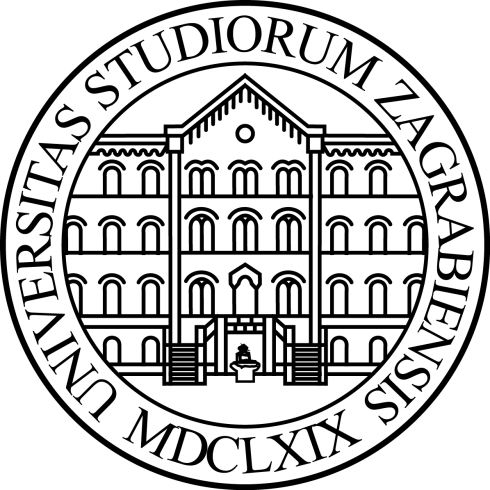Numerical Methods
Teacher: dr. Marko Radulović, assistant professor
Semester: third
ECTS: 4
Required course
- To introduce students to the application of mathematical modelling in the analysis of biomedical systems including populations of molecules, cells and organisms.
- To show how mathematics, especially ordinary differential equations and computing can be used in an integrated way to analyse biomedical systems.
- To have an enhanced knowledge and understanding of mathematical modelling and mathematical methods using differential equations for the analysis of biological/medical systems.
- To be able to assess biological/medical inferences that rest on mathematical arguments.
- To be aware of the use of differential equations and computers to assist them in studying biological/medical systems.
- To be able to formulate and analyse dynamical models using difference equations.
- To use differential equations to model population dynamics of single and multiple species and infectious diseases.
- To use qualitative theory of ordinary differential equations to derive conclusions in models used for biomedical systems.
- Nonlinear regression
- Numerical solution of ODE
- Nonlinear minimization
- Monte-Carlo simulation


